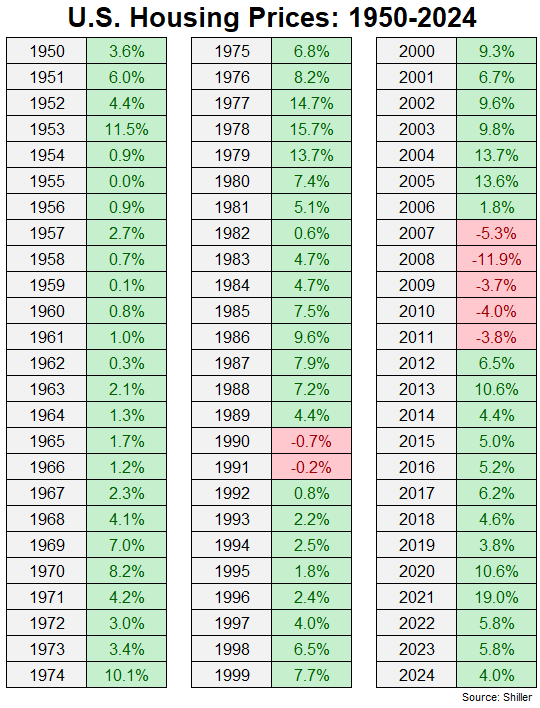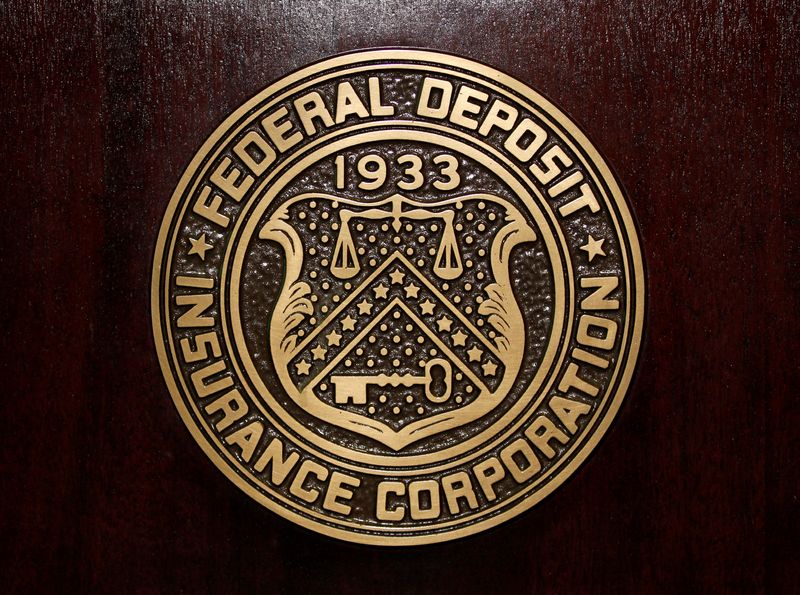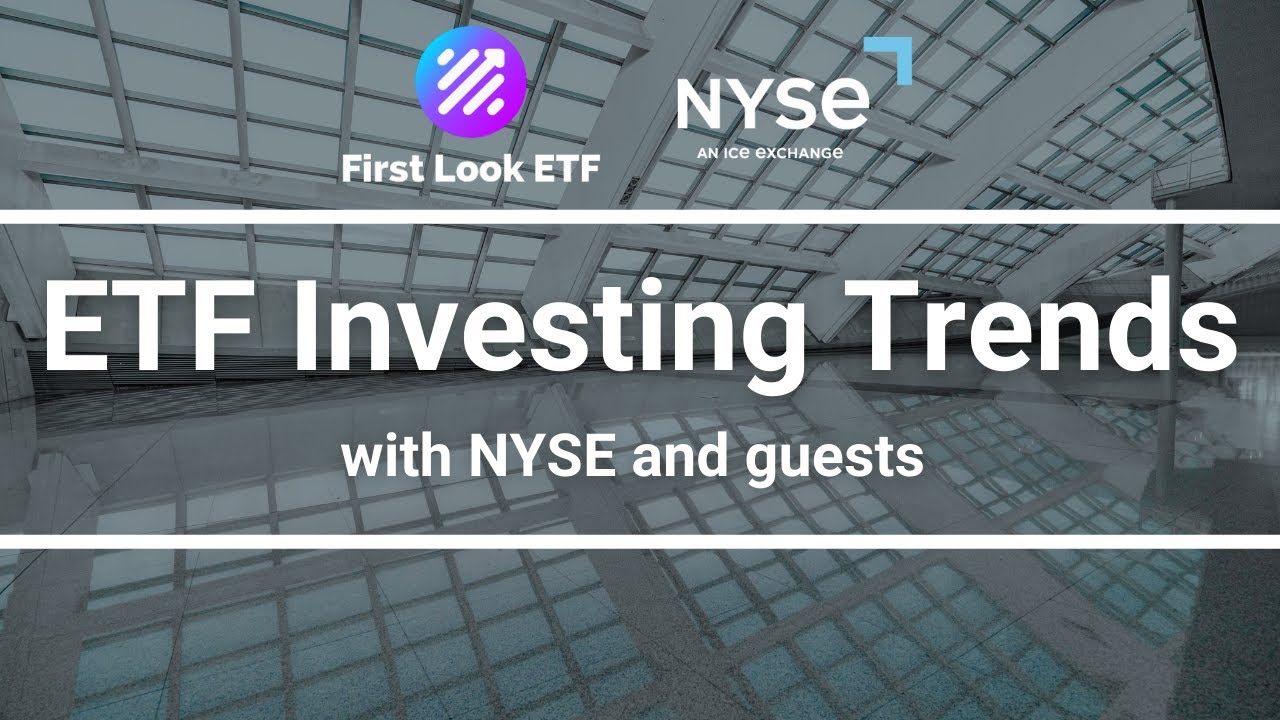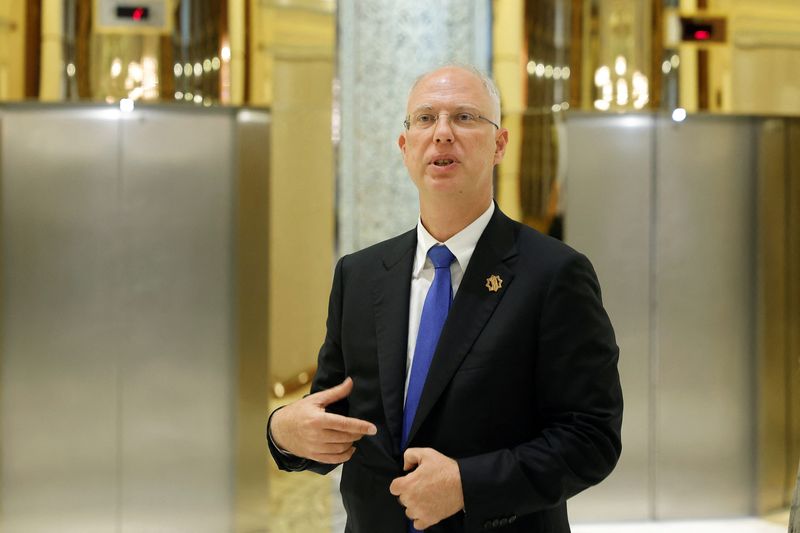My Widowed Mom’s Financial Advisor Charges 8% Annually—Is She Being Taken Advantage Of?
When I first started interviewing financial advisors to work with, there were different questions I asked each candidate. One was about their experience. Another was about the licenses they had. And finally, I had to ask about fees. Like all people, financial advisors have to get paid. And it’s common for them to get […] The post My Widowed Mom’s Financial Advisor Charges 8% Annually—Is She Being Taken Advantage Of? appeared first on 24/7 Wall St..

Key Points
-
Financial advisors charge fees to get paid.
-
It’s common to be charged a fee of around 1% of assets under management.
-
Be wary of advisors whose fees are significantly higher.
-
Are you ahead, or behind on retirement? SmartAsset’s free tool can match you with a financial advisor in minutes to help you answer that today. Each advisor has been carefully vetted, and must act in your best interests. Don’t waste another minute; get started by clicking here here.(Sponsor)
When I first started interviewing financial advisors to work with, there were different questions I asked each candidate. One was about their experience. Another was about the licenses they had. And finally, I had to ask about fees.
Like all people, financial advisors have to get paid. And it’s common for them to get paid by charging a fee that’s calculated as a percentage of assets under management.
But it’s also important to know what fees are typical for a financial advisor. And in this Reddit post, we have a concerned person who’s worried that their widowed parent is being taken advantage of.
She’s working with a financial advisor and is being charged an 8% annual fee. And the poster is worried that’s too high.
I don’t blame the poster at all. And if I were them, I’d find their mother a new financial advisor ASAP.
Fees are to be expected, but they have to be reasonable
The fact that financial advisors commonly charge an ongoing fee is actually not a bad thing. It means that as your portfolio grows, they earn more, so they’re motivated to make sure your investments are doing as well as possible.
Of course, financial advisors can’t control the market. You could have a great financial advisor, and your portfolio could still lose value in a market downturn.
But over time, with the help of a financial advisor, your portfolio should be making money. And your portfolio should also be set up to withstand negative market events. That can be achieved through proper diversification.
With that in mind, you should know that a fairly common fee for financial advisors is 1% of assets under management per year. So if you have a $1 million portfolio, you might pay $10,000 a year for an advisor to oversee it.
Some financial advisors charge higher fees for smaller portfolios. And the reason is that it doesn’t necessarily take less time to manage a $200,000 portfolio than a $2 million portfolio.
So you may find that you’re being charged 1.5% or 2% for a smaller asset base. Or, you may have an advisor who charges 1.5% to 2% in general.
It’s also common for financial advisors to charge less than 1% once your portfolio reaches a certain threshold. For example, an advisor might have a fee structure where you’re paying a 1% management fee on your first $2 million of assets, and then 0.0075% on your next $2 million, and then 0.0050% on any assets beyond that point.
But charging 8% a year is, frankly, obscene. So I would recommend that the poster here try to find their mother an advisor whose fee structure is more reasonable.
Questions to ask a financial advisor
It’s important to find the right financial advisor when you’re first starting out. So some key questions to ask the people you talk to should include:
- How much do you charge, and what services am I paying for?
- How many years of experience do you have?
- Do you have experience working with clients in my situation? (For example, if you own a small business, you’ll want an advisor who’s done that before.)
- What licenses do you hold?
- How often will we meet/communicate?
- Are you a fiduciary?
That last one is important. A fiduciary is required to put the needs of their clients ahead of their own at all times.
If you ask the right questions, there’s a better chance of finding the right person for the job.
The post My Widowed Mom’s Financial Advisor Charges 8% Annually—Is She Being Taken Advantage Of? appeared first on 24/7 Wall St..










































































































































































